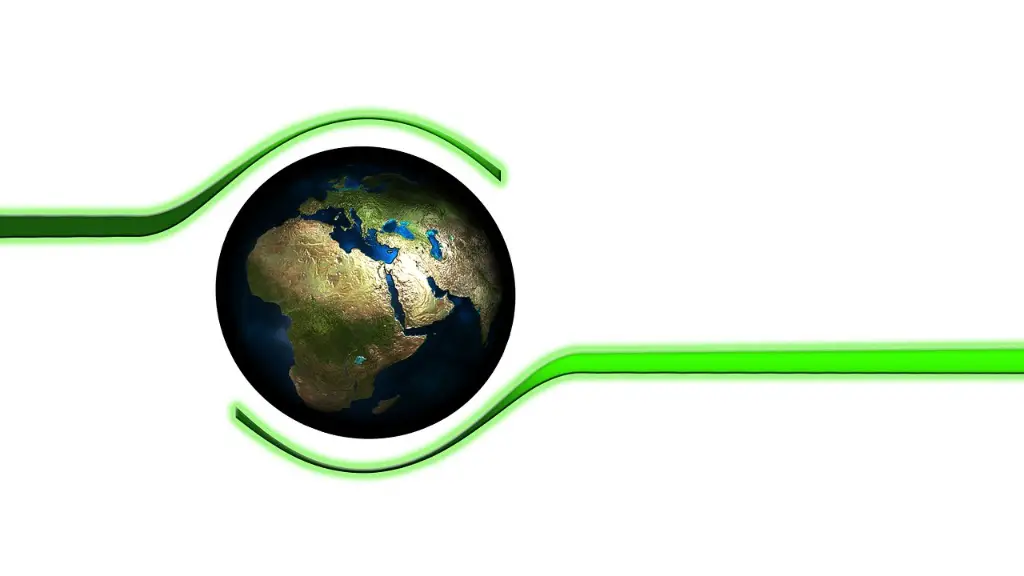Climate change and global warming are terms used interchangeably in the media and by laypeople yet they are very different concepts. The most important distinction between climate change and global warming is that climate change refers to a wider range of long-term environmental trends, while global warming only refers to the warming of the Earth’s surface directly caused by human activities.
Climate change can be defined as a gradual, long-term shift in average weather conditions and can be caused by both natural and human influences. This can encompass mean temperatures, storm patterns, precipitation levels, cloud cover, and agricultural production. Long-term climate changes refer to shifts that last at least 25 years or longer, although climate changes can also occur on seasonal and annual cycles, too. Climate change is measured using a variety of proxies, such as geological records, ice cores, tree rings, and other indicators.
Global warming, on the other hand, is a more specific, localized change to Earth’s climate system. It occurs when increased levels of atmospheric carbon dioxide and other heat-trapping greenhouse gases, caused by human activities, absorb more of the sun’s heat energy, causing the atmosphere and surface of the planet to warm. Global warming is experienced as a rise in global average surface temperature and as an increase in other climate effects such as sea-level rise, floods, melting glaciers, and extreme weather events.
An important consequence of global warming is an increase in global average surface temperature, which is currently around 1.1⁰C higher than pre-industrial levels. Although this change in temperature may seem relatively small, it is having a significant impact on Earth’s climate, atmosphere and oceans. Higher average temperatures reduce snow and ice cover, leading to sea level rise, melting glaciers and changes to the Earth’s carbon cycle. Global warming also leads to droughts, floods, heatwaves, and increased frequency and strength of extreme weather events, all of which can have a harmful effect on human health, ecosystems, and the global economy.
Climate change and global warming are related, but the difference between them is important. Global warming is one aspect of climate change, which is the result of an accumulation of many different factors. Increased levels of atmospheric carbon dioxide, due to human activities such as burning fossil fuels, are a major contributor to global warming and climate change. Thus, reducing greenhouse gas emissions is a key factor in mitigating the adverse effects of global warming and climate change.
In conclusion, climate change and global warming are two distinct yet intertwined concepts. Climate change is a long-term shift in weather conditions, while global warming is the more localized, surface-level warming of the planet caused by human activity. To combat the negative impacts of global warming and climate change, it is essential that we reduce our reliance on fossil fuels, which are the main source of atmospheric carbon dioxide.

